Justice Ruth Bader Ginsburg’s death creates prospect of bitter nomination fight
Liberal Justice Ruth Bader Ginsburg’s death has thrown a spanner in the works in the final weeks of the US presidential race.

Justice Ruth Bader Ginsburg’s death has created deep uncertainty for the Supreme Court and injected the prospect of an unexpected and likely bitter nomination fight into the final weeks of the presidential campaign.
Justice Ginsburg, one of the court’s most visible members, has been a leading voice of its liberal wing since her appointment by President Clinton in 1993. Her death leaves the court with eight members just weeks before it starts its new term and raises the possibility that the court’s balance of power could shift further to the right.
Following a campaign rally in Minnesota, Mr. Trump was informed about Justice Ginsburg’s death by reporters as he walked toward Air Force One, but didn’t comment on a potential successor. “She just died? Wow. I didn’t know that,” he said.
He praised her tenure on the court. “She led an amazing life, what else can you say?” he said. “Whether you agree or not … she led an amazing life. I’m actually sad to hear that. I am sad to hear that.” White House officials have previously said they expect the president to make a nomination quickly if there is a vacancy. Democrats called for the nomination to be put on hold until after the election between Mr. Trump and Democratic presidential nominee Joe Biden is decided.
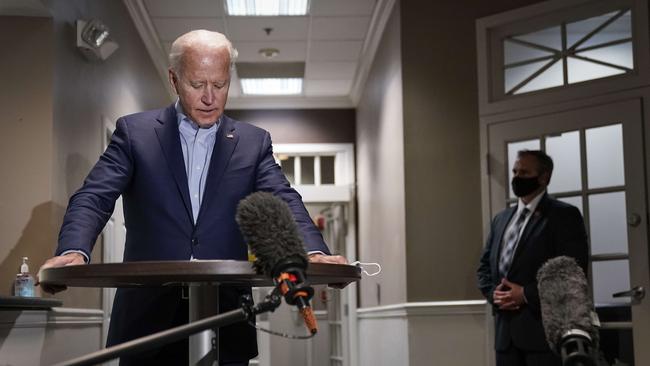
Mr. Biden, returning from a campaign trip to Minnesota, said the nomination should wait until the next presidential term. He told reporters in Wilmington, Del., that “the voters should pick the president and the president should pick the justice for the Senate to consider.” Senate Majority Leader Mitch McConnell (R., Ky.) said Friday night that he would seek to confirm any Supreme Court nominee that Mr. Trump put forward, but he didn’t say if he would seek to do so before the election. His party holds a 53-47 majority in the Senate.
Several Republican senators seen as potential swing votes in a nomination fight, including Sens. Susan Collins of Maine and Lisa Murkowski of Alaska, issued statements celebrating Justice Ginsburg’s life, but didn’t address the nomination process. Ms Murkowski has said previously that she wouldn’t support filling a vacancy this year.
The president has touted his two high-court appointments, Justices Neil Gorsuch and Brett Kavanaugh, as among his most important and lasting accomplishments. Those nominees, however, filled seats that were previously held by other conservative justices. If he fills Justice Ginsburg’s seat, Republicans could make the kind of long-term inroads they have sought for decades, creating a 6-3 conservative majority instead of the close 5-4 split that has long prevailed.
Such a shift could have major implications for issues that affect millions of Americans, including abortion, health care and the role of religion in public life.
Underscoring the likely partisan nature of any confirmation hearing this year, Justice Kavanaugh was confirmed by a 50-48 margin in 2018 after confirmation hearings that divided the Senate and the country, fuelled by allegations of sexual misconduct that he strenuously denied.
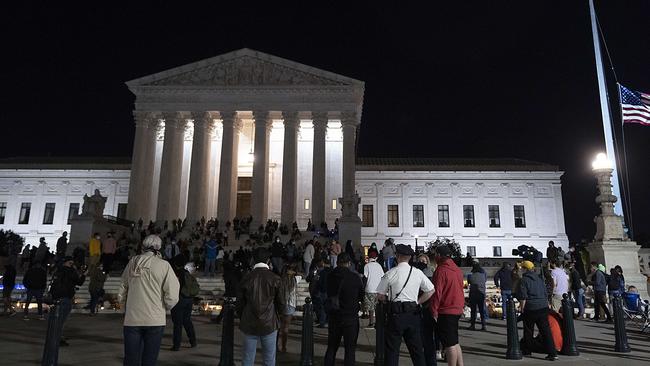
Even before Justice Ginsburg’s death, Mr. Trump had wooed Republican voters who might otherwise be turned off by his unorthodox presidency by raising the prospect that the next president would nominate one or more justices to the Supreme Court. Trump allies view the matter as a powerful motivator that could boost the number of Republicans who turn out on Election Day.
Last week the president added 20 more names to his list of potential Supreme Court nominees, all of them with views sharply to the right of Justice Ginsburg. Mr. Trump’s list of potential Supreme Court nominees includes three Republican senators: Josh Hawley of Missouri, Tom Cotton of Arkansas and Ted Cruz of Texas. In addition there are several of his own appointees to the appellate courts, as well as two former solicitors general, a state attorney general, a deputy counsel to Mr. Trump and the current U.S. ambassador to Mexico.
It remains unclear which people on the list are leading contenders, and some of Mr. Trump’s allies have encouraged him to choose a woman if there is another vacancy.
Democrats, meanwhile, haven’t made judicial nominations a central issue in the political campaign, although Mr. Biden has pledged to appoint the first Black woman to the Supreme Court. But many Democrats remain furious over Senate Republicans’ refusal to even grant a hearing in 2016 to Merrick Garland, President Obama’s nominee in the final year of his presidency following the death of Justice Antonin Scalia, a conservative icon.
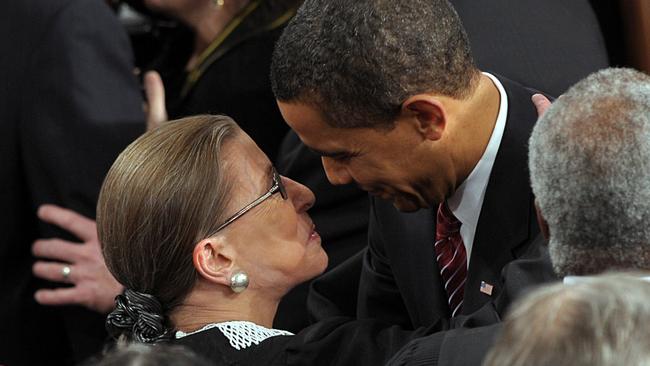
Aside from its long-term ramifications for the court, Justice Ginsburg’s death may change the outlook of the court’s current docket, which includes blockbuster cases about the future of the Affordable Care Act, the separation of church and state, and congressional access to grand jury materials from special counsel Robert Mueller’s investigation into Russian interference in the 2016 election.
Liberal justices secured several notable victories last term by finding common ground with Chief Justice John Roberts on issues including abortion, immigration and presidential immunity. But on an eight-member court, those kinds of successes could prove less likely in closely divided cases.
The chief justice was in the majority in nearly every case during the court’s last term, treading a delicate line between his more conservative and more liberal colleagues. If another strong conservative justice joins the court, bridge building of this character could become less common.
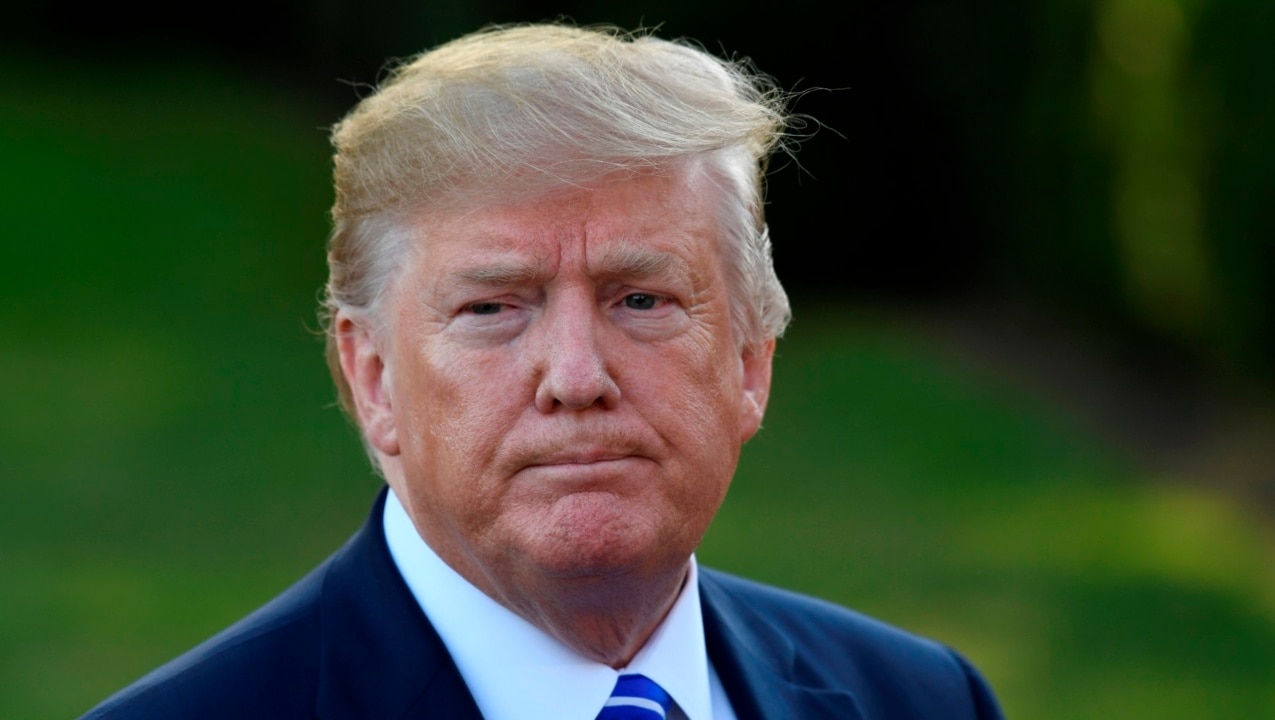
Conservatives have already made some gains on the court since Mr. Trump took office because Justice Kavanaugh is more conservative than the man he replaced, Anthony Kennedy, a maverick conservative who retired in 2018 after holding the court’s centre for much of his 30-year career.
A political battle over who will fill Justice Ginsburg’s seat is certain to shape the final act of the contest between Mr. Trump and Mr. Biden. It is also likely to intensify the already heightened partisanship coursing through the country less than two months from Election Day.
As the Supreme Court announced the news, Mr. Trump was on stage at a rally in Minnesota. He didn’t appear to be aware of her death more than an hour after it was announced, continuing his speech and delivering his usual riffs on Mr. Biden and his frustrations with the news media.
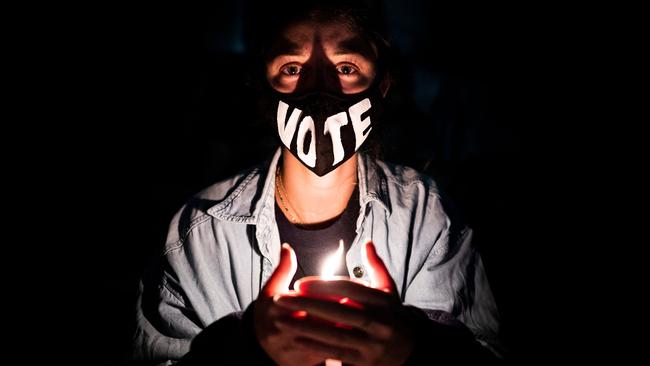
At one point during the speech, Mr. Trump underscored the stakes of the upcoming election by stressing that the next president could pick multiple justices. “The next one will have anywhere from one to four — think of that,” he said.
White House chief of staff Mark Meadows wrote on Twitter:.”Joining the whole nation tonight in mourning the loss of Justice Ruth Bader Ginsburg — a trailblazer, a dedicated public servant, and an inspiration to so many.” The White House lowered the flag to half-staff in honour of Justice Ginsburg, a White House official said.
Mr. Meadows told reporters earlier this summer that he expected Mr. Trump to nominate a new Supreme Court justice quickly if there is a vacancy, adding that the president expected the Senate to act without delay on his pick.
Mr. McConnell has consistently said that he would seek to confirm a Trump nominee if a seat opened up in 2020, despite having blocked President Obama’s high-court pick during the 2016 election year. Mr. McConnell said the dynamic is different when the Senate and White House are controlled by the same party. Democrats have said that explanation is hypocritical.
“Americans re-elected our majority in 2016 and expanded it in 2018 because we pledged to work with President Trump and support his agenda, particularly his outstanding appointments to the federal judiciary,” Mr. McConnell said.
Mr. McConnell faces a tight timeline. A report issued by the Congressional Research Service during the nomination process for Justice Kavanaugh found that the average amount of time from nomination to confirmation was more than two months in recent decades. For nominees since 1975, the median amount of time from nomination until a floor vote was 69 days, the report found.
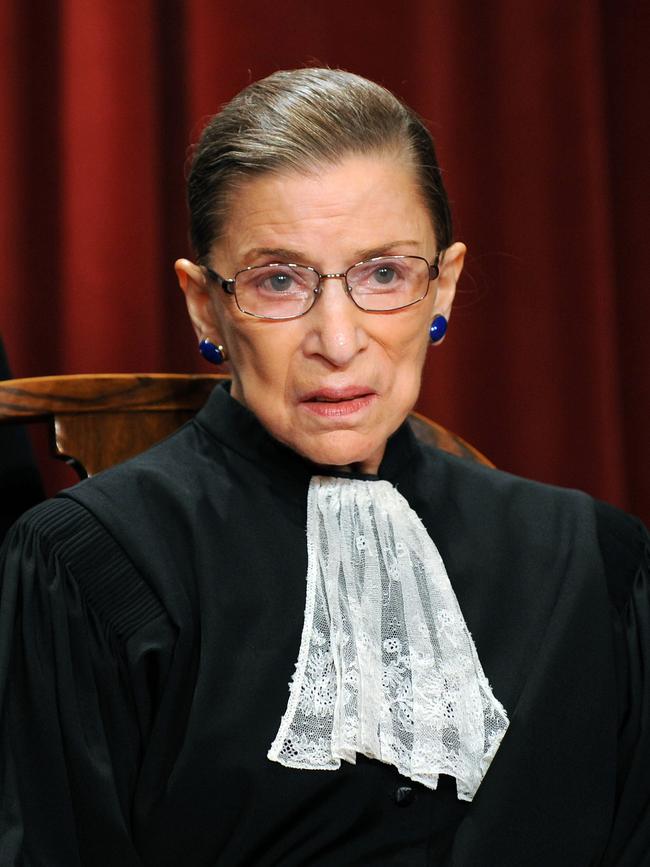
Democrats wasted no time in saying the vacancy should be filled by the next president — echoing the position Republicans took when Justice Antonin Scalia died during President Obama’s final year in office.
Senate Minority Leader Chuck Schumer (D., N.Y.) said Friday night that Justice Ginsburg shouldn’t be replaced until the next president is in office.
“The American people should have a voice in the selection of their next Supreme Court Justice,” Mr. Schumer said in a tweet Friday night, using the same words Mr. McConnell used in 2016 when Justice Scalia died. “Therefore, this vacancy should not be filled until we have a new president.” Justice Ginsburg had been uncommonly critical of Mr. Trump, briefly taking an outspoken approach that is at odds with the typical judicial desire to stay far away from the political fray. In 2016, she described Mr. Trump, then a candidate, as a “faker,” though she later walked back her criticism and said she regretted her remarks.
Before her death, according to NPR, Justice Ginsburg told her granddaughter, “My most fervent wish is that I will not be replaced until a new president is installed.”
The Wall Street Journal



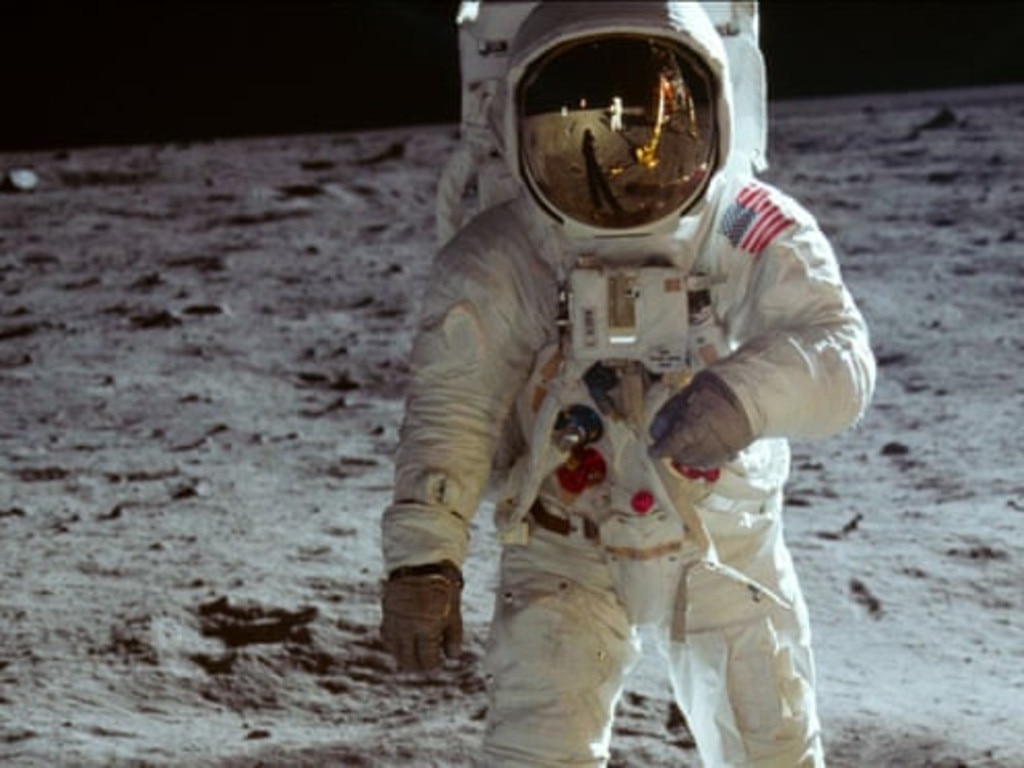


To join the conversation, please log in. Don't have an account? Register
Join the conversation, you are commenting as Logout